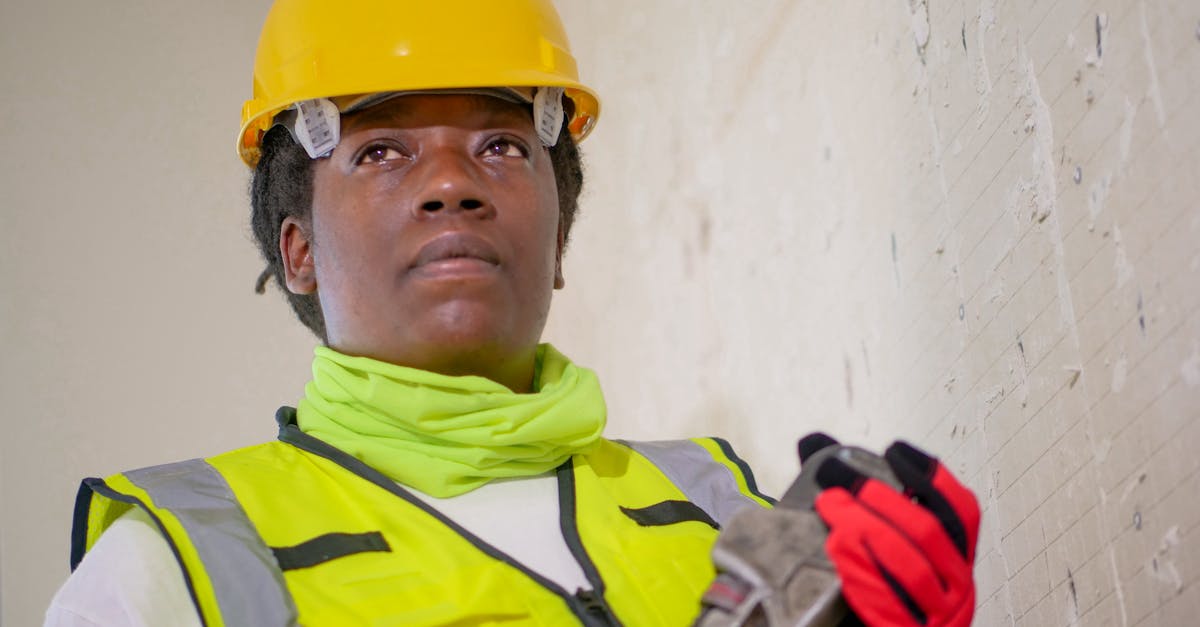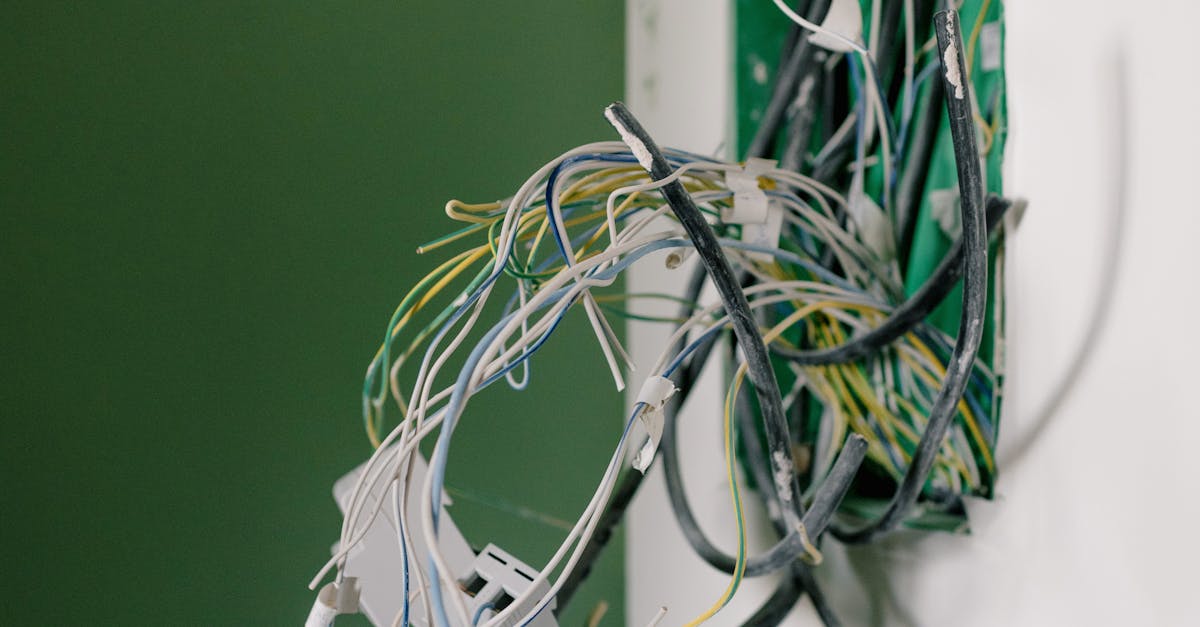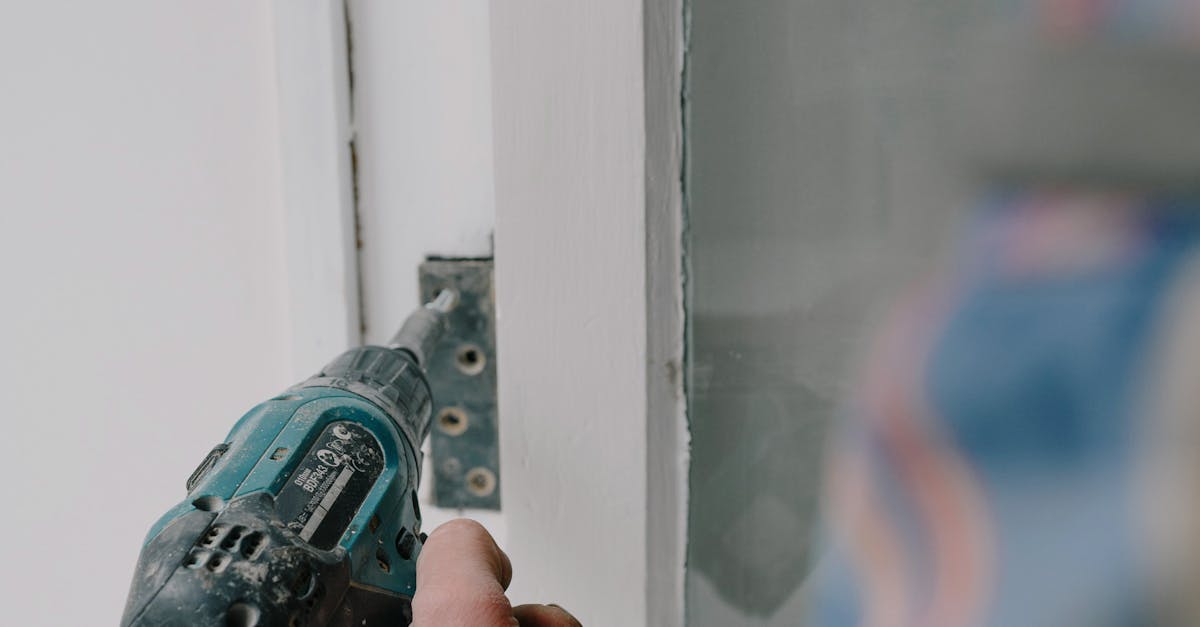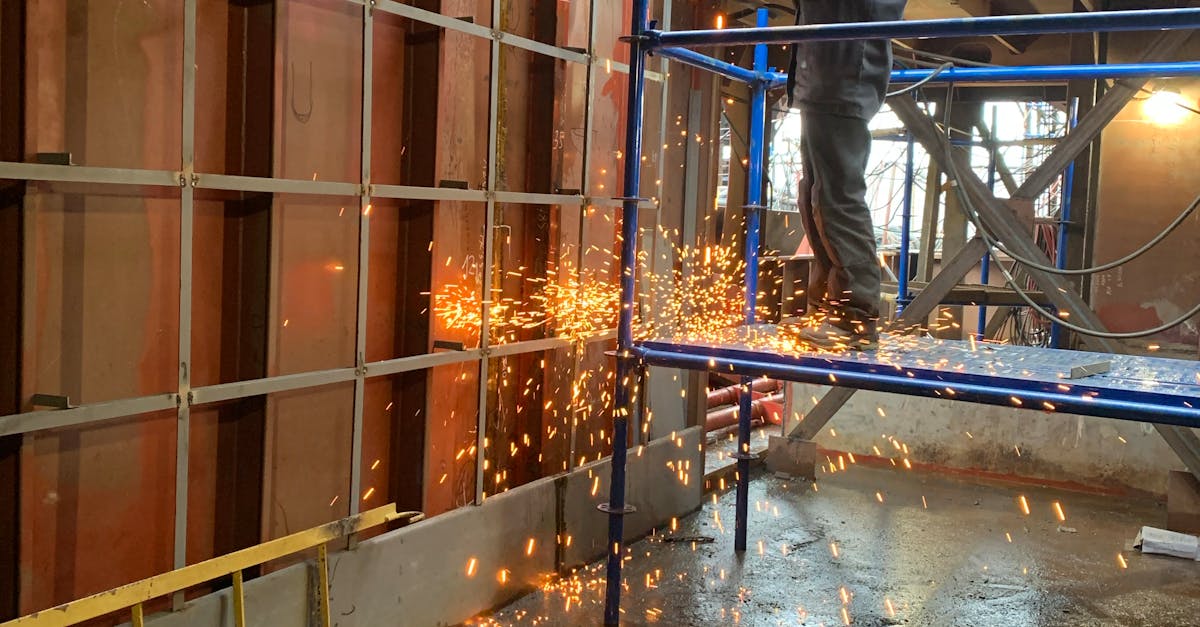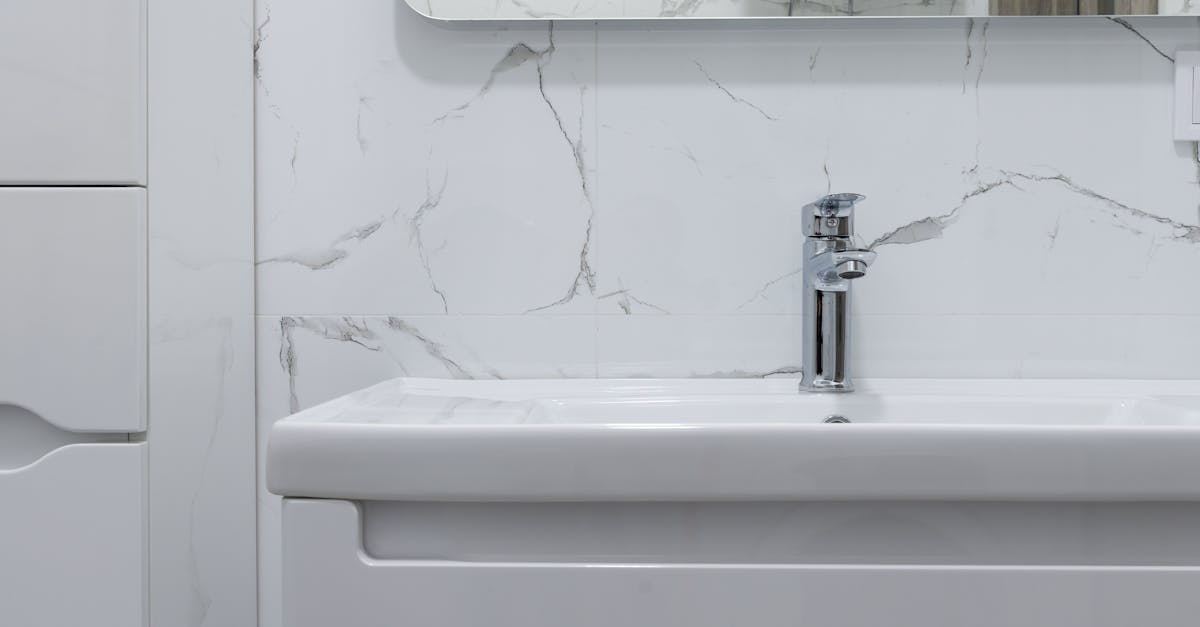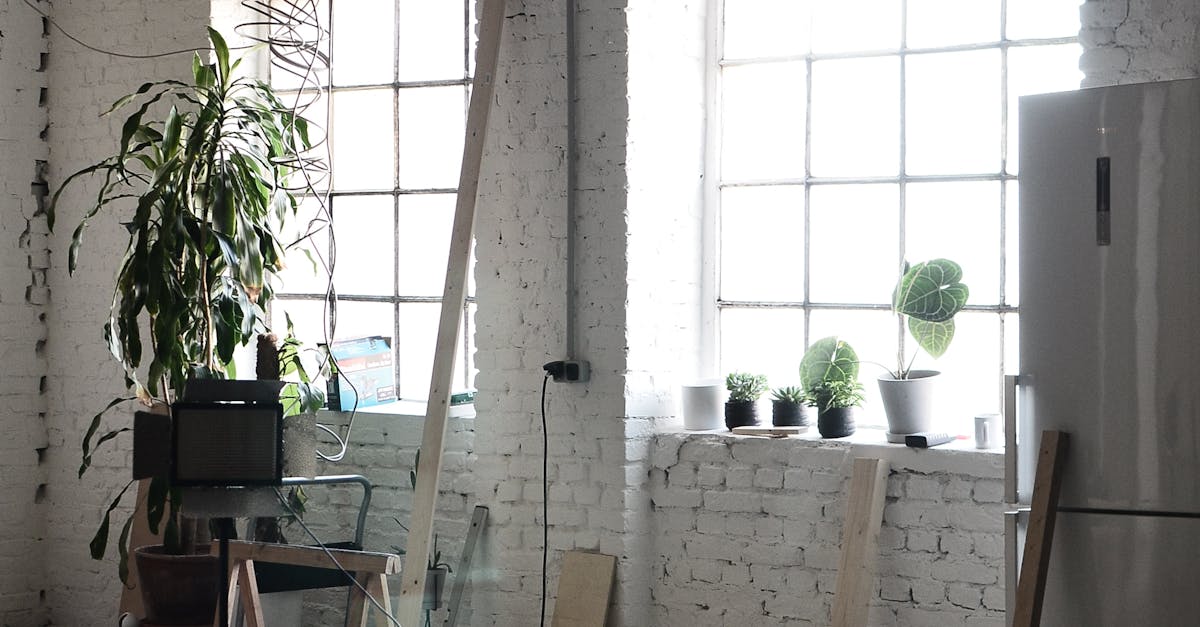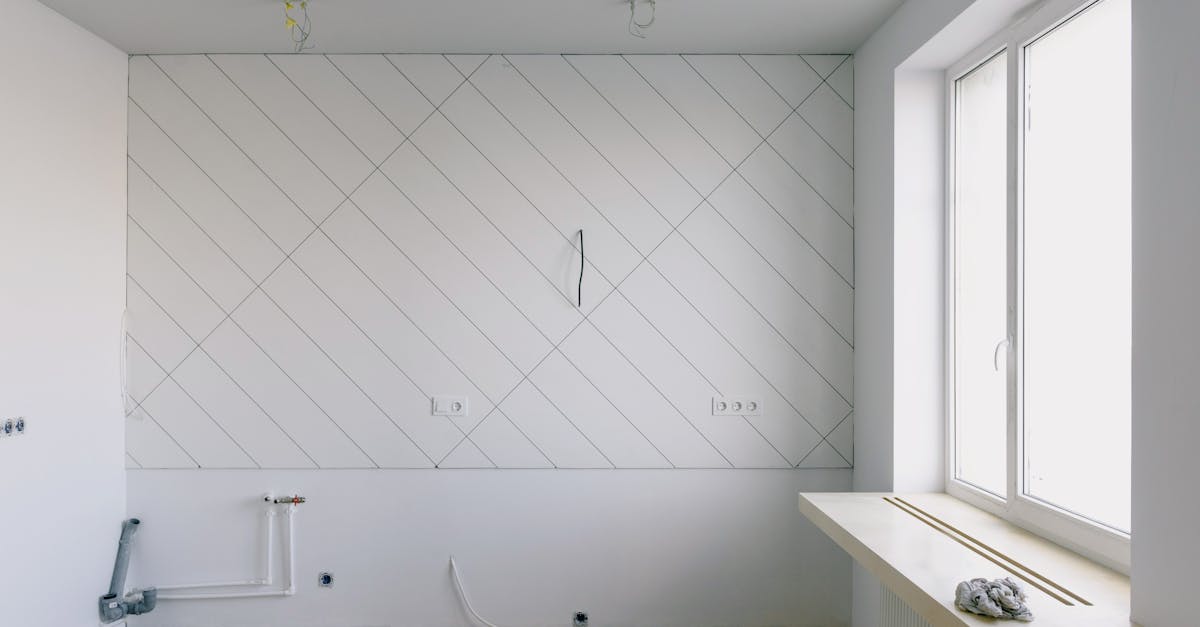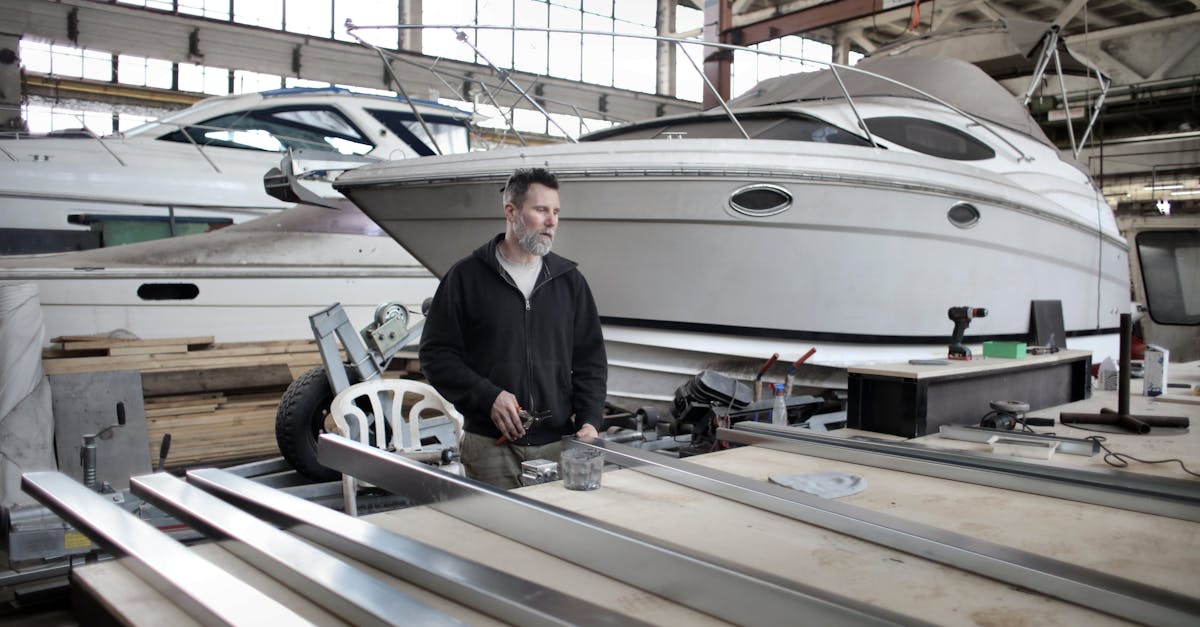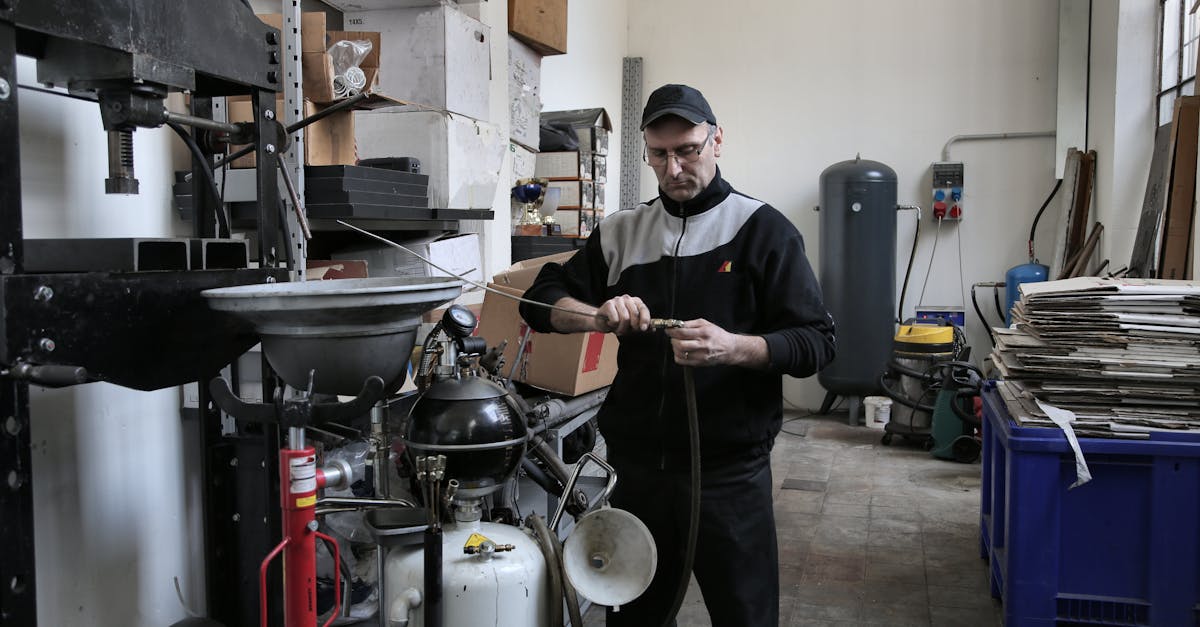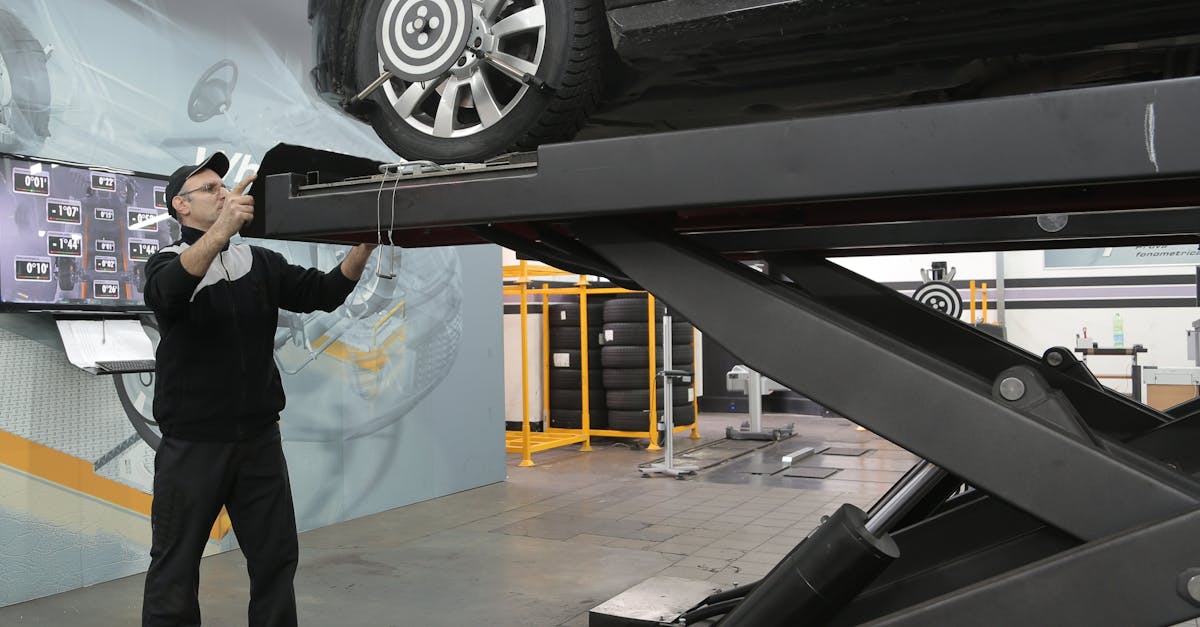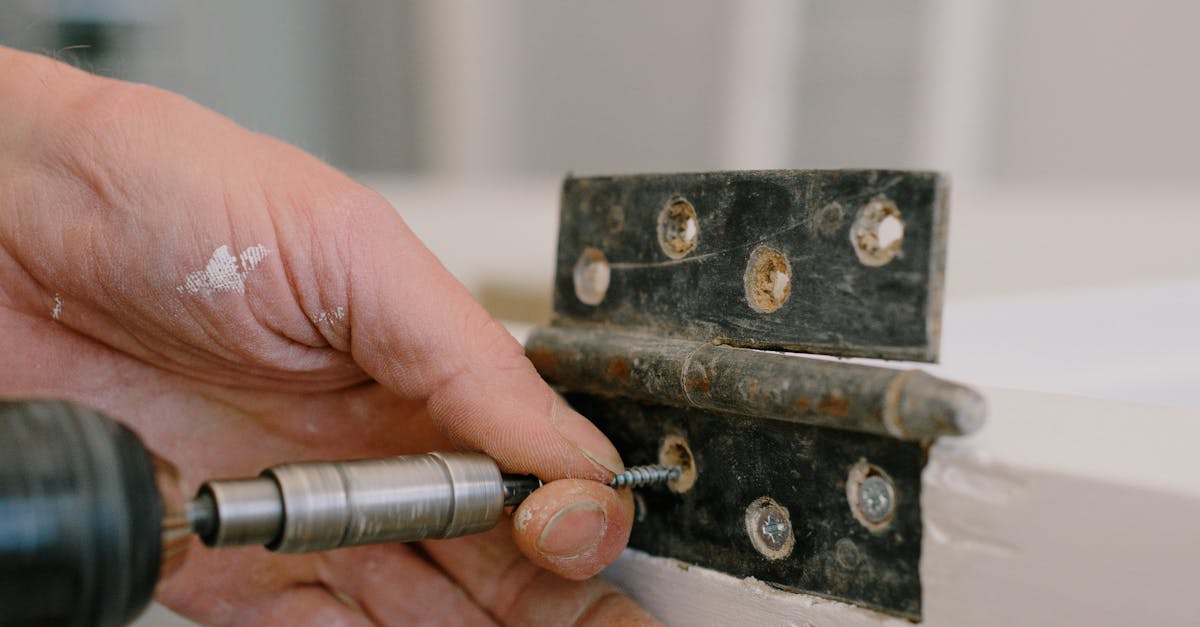
Table Of Contents
The Role of Water Quality
Water quality plays a significant role in determining the lifespan of a water heater. Factors such as mineral content, pH levels, and the presence of contaminants can all impact the efficiency and durability of the unit. Hard water, which contains high levels of calcium and magnesium, can lead to mineral build-up inside the tank. This accumulation may reduce heating efficiency and ultimately shorten the unit's lifespan. Regular maintenance, including flushing the tank to remove sediment, can help mitigate these effects.
Choosing the right water heater installation and repair service is essential for addressing water quality issues. Professionals can assess the specific needs of a household and recommend solutions tailored to the water conditions in the area. They may suggest water softeners or filtration systems to improve water quality and enhance the operational life of the heater. Being proactive in maintaining water quality not only extends the life of the water heater but also ensures optimal performance and energy efficiency.
How Hard Water Affects Water Heater Longevity
Hard water can significantly impact the longevity of your water heater. The minerals present in hard water, such as calcium and magnesium, tend to accumulate as scale deposits within the tank and heating elements. Over time, this buildup reduces the efficiency of the appliance, leading to increased energy consumption and higher operating costs. Additionally, the scale can hinder the heater's ability to provide consistent water temperatures, resulting in fluctuations that may further strain the unit.
Regular maintenance becomes essential in households with hard water. Addressing the mineral accumulation through descaling can extend the life of your water heater. If the buildup has already caused noticeable degradation, consider consulting a professional for water heater installation and repair options. Upgrading to a unit designed to handle hard water may also be a wise investment, lowering maintenance frequency and improving efficiency over the long term.
Replacement Options
When it comes to replacing a water heater, homeowners have several options tailored to their individual needs and preferences. Traditional tank water heaters remain popular due to their reliability and simplicity. They typically range from 25 to 80 gallons in capacity, accommodating various household sizes. In contrast, tankless water heaters have gained traction, offering the benefit of on-demand hot water without the need for a storage tank. This can result in substantial energy savings for households that use hot water sporadically.
Water heater installation and repair should always be conducted by qualified professionals to ensure safety and compliance with local regulations. When choosing a replacement unit, factors like energy efficiency ratings, warranty terms, and installation costs must be considered. Additionally, some homeowners might opt for hybrid systems that combine the benefits of both traditional and tankless models, presenting yet another versatile option for maintaining a reliable hot water supply.
When to Consider Upgrading Your Unit
Signs that it may be time to upgrade your water heater often include inconsistent water temperature, strange noises from the unit, or visible leaks. A unit that struggles to meet your household's demand for hot water can indicate aging components or inefficiencies. If you find yourself frequently calling for water heater installation and repair services, it may suggest that your existing appliance is nearing the end of its functional life and could benefit from an upgrade.
Another consideration is the energy efficiency of your current model. Older units typically consume more energy, leading to higher utility bills. If your water heater is more than ten years old, evaluating newer, more efficient models could result in long-term savings. Investing in a modern water heater not only improves performance but also aligns with sustainable practices, helping to reduce energy consumption in your home.
Cost Implications of a Failing Water Heater
The financial implications of a failing water heater can vary based on the extent of the issue. Minor repairs may seem cost-effective initially, but recurrent issues can quickly accumulate, leading to costly emergency repairs. Over time, an unreliable unit may cause disruptions in daily routines, resulting in potential additional expenses. Homeowners should assess the long-term costs associated with repeated repairs against the investment in a new unit.
Water heater installation and repair should be carefully considered when weighing options. New models often come with warranties and improved energy efficiency, ultimately saving money on utility bills. Upgrading to a more reliable water heater not only minimises the risk of unexpected breakdowns but also enhances the overall comfort within the home. Prioritising a proactive approach could lead to significant savings in the long run.
Financial Impact of Repairs vs. Replacement
When faced with a malfunctioning water heater, homeowners often grapple with the decision to repair or replace the unit. The immediate costs associated with repairs can be lower, particularly if the issue is minor or if it’s a quick fix. However, recurring repair expenses can add up over time, leading to a scenario where the cumulative costs approach or exceed the price of a new heater. This consideration is crucial, especially if the unit is older and nearing the end of its expected lifespan.
In contrast, investing in water heater installation and repair of a new unit might offer long-term savings and improved efficiency. Newer models tend to be more energy-efficient, which can result in reduced utility bills. Additionally, a new water heater often comes with warranties that can mitigate future financial risks. Weighing the reliability and efficiency of a fresh installation against the patchwork of repairs can help owners make a more informed decision regarding their heating needs.
FAQS
What is the average life expectancy of a water heater?
The average life expectancy of a water heater is typically between 8 to 12 years, depending on factors such as maintenance, water quality, and the type of heater.
How does water quality affect the lifespan of a water heater?
Poor water quality, particularly hard water, can lead to mineral buildup and corrosion, significantly reducing the lifespan of a water heater.
When should I consider replacing my water heater?
You should consider replacing your water heater if it is more than 10 years old, shows signs of leaks or corrosion, or if it requires frequent repairs.
What are the cost implications of a failing water heater?
The cost implications of a failing water heater can include high repair costs, increased energy bills due to inefficiency, and the potential expense of water damage if leaks occur.
Should I repair or replace my water heater?
The decision to repair or replace your water heater depends on its age, frequency of repairs, and overall condition. If repair costs exceed 50% of the replacement cost or if the unit is older, replacement is often the more cost-effective option.
